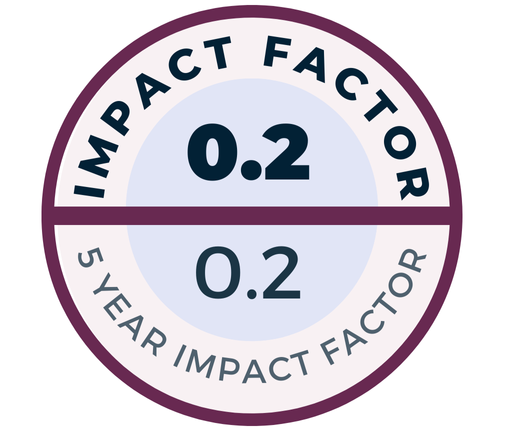Objective: Systemic inflammatory markers are investigated in many solid cancers, including laryngeal squamous cell carcinoma. Neutrophils, lymphocytes, platelet counts, and red cell distribution width (RDW) are thought to predict survival in patients with cancer.
Methods: Patients included in the study had a diagnosis of laryngeal squamous cell carcinoma and were treated at our hospital. Patients with a metastatic disease, positive margin, insufficient follow-up, treatment before surgery, and hematologic disorders were excluded. This retrospective cohort study included 82 patients. The relationship between inflammatory markers with overall survival (OS) and disease-free survival (DFS) was investigated using Kaplan–Meyer, univariate, and multivariate analyses.
Results: Although pathologic N (pN) status, derived neutrophil to lymphocyte ratio (dNLR), and lymphovascular invasion showed significant correlation with OS in the univariate analysis, dNLR and pN showed significant correlation in the multivariate analysis. DFS was related to perineural invasion, grade, and pN status in the univariate analysis, and perineural invasion and pN were also significantly related in the multivariate analysis.
Conclusion: Platelet to lymphocyte ratio, systemic-immune-inflammation index, RDW, and dNLR correlate to grade, pathologic T, and OS, but not to the neutrophil to lymphocyte ratio.
Cite this article as: Abakay MA, Güneş S, Gülüstan F, Atasoy E, Yazıcı ZM, Sayın İ. Prognostic Significance of Systemic Inflammatory Markers in Laryngeal Cancer. ENT-Updates. 2021; 11(1): 51-55.

.jpeg)
